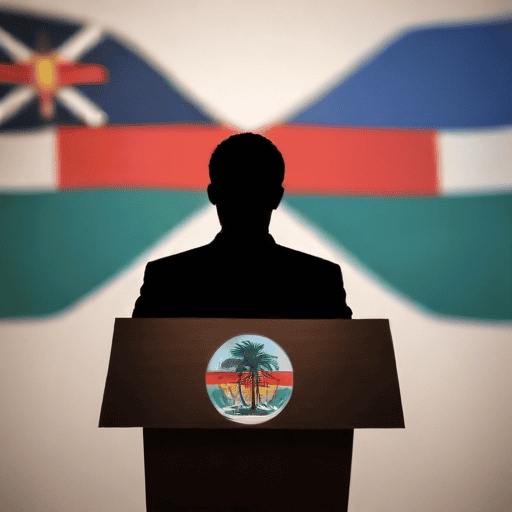Emmanuel Tjibaou has been elected as the new president of New Caledonia’s Union Calédonienne (UC), a key player in the region’s pro-independence movement. This leadership choice was made during the UC Congress held in the village of Mia on the East Coast of Grande Terre, where Tjibaou was the sole candidate.
Tjibaou’s election follows the decision of Daniel Goa, the previous leader, not to seek re-election due to health issues. Goa has been at the forefront of UC’s agenda for the past 12 years and has expressed the need for his successor to embark on the “heavy burden” of leadership. He emphasized the importance of engaging the younger generation in political training and awareness, especially following their involvement in recent riots that had far-reaching consequences for the movement and the region.
This change in leadership comes amid a backdrop of division within the pro-independence movement, with two significant factions distancing themselves from UC and expressing dissatisfaction with the party’s operation since the disturbances earlier this year, which led to considerable damage and loss of life. The two factions did not participate in the most recent FLNKS Congress, indicating a rift that could impact future collaboration.
Tjibaou, who also represents New Caledonia in the French National Assembly, is seen as a proponent of dialogue and moderation, prompting hopes that his presidency may foster a more unified stance within the pro-independence movement. His leadership comes at a critical time, as New Caledonia must navigate the aftermath of the riots and engage in crucial political talks anticipated to commence in December. These discussions aim to forge a comprehensive political agreement by March 2025, which would outline the future governance of New Caledonia.
As New Caledonia contemplates its future, discussions of “shared sovereignty” and various degrees of independence have surfaced, signaling a potential shift in how the territory may define its relationship with France. The next provincial elections, which are expected by November 2025, could further influence the direction that the territory takes.
With Tjibaou at the helm, there is a renewed sense of hope for a more constructive dialogue and collaborative approach among New Caledonia’s diverse political landscape. This could lead to a brighter future for the region, allowing it to address both the grievances of its people and the opportunities ahead in seeking self-governance.

Leave a comment